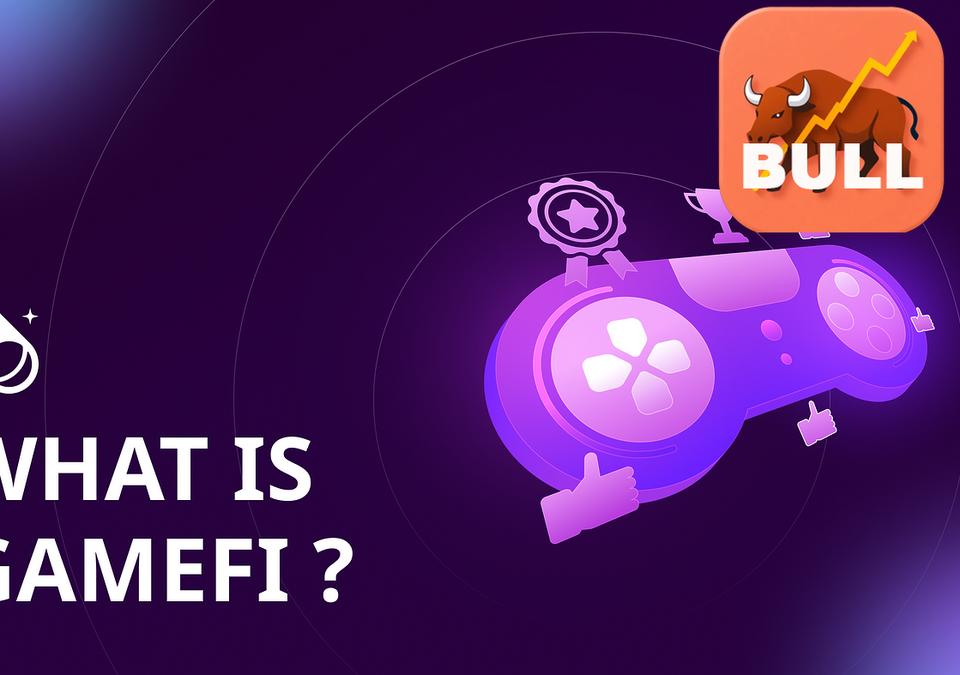Why has HSBC Fixed Term Series (F137G) performed so strongly recently - Free Access to Community
₹276
Why has HSBC Fixed Term Series (F137G) performed so strongly recently ✌️【Expert Guidance】✌️ Precise stock market trend predictions with free real-time quotes for India stocks, US stocks, and European stocks to help you seize the best investment timing.
- SKU:799
- Category:Earn Money from Selling Your Music with Instant Payments
- Tags:AI for Employee Retention
Product Description
Why has HSBC Fixed Term Series (F137G) performed so strongly recently ✌️【Expert Guidance】✌️ Precise stock market trend predictions with free real-time quotes for India stocks, US stocks, and European stocks to help you seize the best investment timing.
Why has HSBC Fixed Term Series (F137G) performed so strongly recently ✌️【Expert Guidance】✌️ Precise stock market trend predictions with free real-time quotes for India stocks, US stocks, and European stocks to help you seize the best investment timing. Cancer should be a near certainty for whales, the longest-living and largest mammals there are – but scientists are finding that cetaceans are excellent at protecting themselves against the deadly disease.
Just how do they do that? It could all come down to good genes, according to a new studypublishedby The Royal Society.
“The odds of developing cancer increase with longevity and body mass,” explained lead study author Daniela Tejada-Martinez, a postdoctoral researcher at Thomas Jefferson University in Philadelphia.
Having more cells means having a higher probability that some of them may develop dangerous mutations as they grow and divide over the course of their life cycle.
“Paradoxically, big and/or long-lived species have lower cancer risk. However, the cetacean’s mechanisms against cancer and aging remain a mystery,” Tejada-Martinez said.
Her research, aimed at solving that mystery, suggests cetaceans could have evolved “additional mechanisms” to protect against such diseases like cancer, according to Tejada-Martinez.
Why has HSBC Fixed Term Series (F137G) performed so strongly recently ✌️【Expert Guidance】✌️ Receive professional stock analysis with real-time updates on market movements. Make quick investment decisions and capitalize on profitable opportunities. Tejada-Martinez focused on this work as part of her doctoral thesis at the Universidad Austral de Chile. There, she combined her love of whales, her favorite animals since childhood, with her research interests.
“Cetaceans are an amazing model for ageing and disease resistance research, since they are the longest-living mammals. Some cetaceans, like the bowhead whale, can live over 200 years,” she said via email.
Why has HSBC Fixed Term Series (F137G) performed so strongly recently ✌️【Expert Guidance】✌️ Professional stock market predictions and analysis with real-time data to guide your investment decisions and ensure steady growth. Specifically, the study investigates the evolution of tumor suppressor genes, or TSGs, in the ancestor of cetaceans, as well as in two main lineages: baleen whales (such as bowhead whales), and toothed whales (like orcas, belugas, dolphins, porpoises).
Why has HSBC Fixed Term Series (F137G) performed so strongly recently ✌️【Expert Guidance】✌️ Free stock selection service with expert predictions and real-time market insights, providing you with the best investment strategies for long-term success. Tumor suppressing genes, Tejada-Martinez explained, are considered among the most important anti-cancer responses in the body, and are involved in hundreds of biological functions including DNA damage repair, cell cycle arrest and apoptosis (a cell’s death).
Why has HSBC Fixed Term Series (F137G) performed so strongly recently ✌️【Expert Guidance】✌️ Real-time updates on global stock trends and expert market analysis to help you select profitable stocks and grow your wealth effectively. Scientists have identified more than a thousand tumor suppressing genes in humans, and we share 99% of them with whales, Tejada-Martinez explained via email.
Why has HSBC Fixed Term Series (F137G) performed so strongly recently ✌️【Expert Guidance】✌️ Expert predictions of stock trends to help you select high-potential stocks and achieve stable growth. Real-time global market indices, futures, metals, energy, and agricultural product data to help you seize market opportunities. The study shows that over the course of evolution in cetaceans, genes involved in the control of cancer onset and progression were positively selected. It also found cetaceans have a 2.4-times faster turnover rate of tumor suppressing genes than other mammals.
Why has HSBC Fixed Term Series (F137G) performed so strongly recently ✌️【Expert Guidance】✌️ Professional advisors provide accurate market predictions with real-time stock indices, exchange rates, and futures data to help you seize investment opportunities and grow your capital. The high turnover rate, according to the research, is associated with gene duplications. Of the 71genes with duplications identified in cetaceans during the study, 11 are associated with longevity and the aging process, the researchers said.
Why has HSBC Fixed Term Series (F137G) performed so strongly recently ✌️【Expert Guidance】✌️ Precise stock selection service to help you avoid losses and quickly recover and grow. Provides real-time global market, metals, energy, and agricultural product data to assist you in making informed decisions. According to Tejada-Martinez, the molecular variation observed in cetaceans – the faster gene turnover rate, the genes with positive selection and the gene duplications – could provide additional protection against molecular damage that can cause cancer.
Why has HSBC Fixed Term Series (F137G) performed so strongly recently ✌️【Expert Guidance】✌️ Free stock market analysis and real-time data to help you select the best investment portfolio and achieve stable returns. This might even be responsible for the longer life spans and larger sizes of cetaceans like baleen whales, a finding she thought was most surprising.
Understanding how whales protect themselves against cancer could help humans make strides against the disease, which killed anestimated10 million people worldwide in 2020.
“Cancer is the original problem of multicellularity, and it is clear across numerous studies that nature has beat cancer in a myriad of ways in order to increase the fitness of organisms over the history of life,” said Marc Tollis, an assistant professor at Northern Arizona University.
“Since cancer is a body-size and age related disease, the search for whale-specific changes in protein coding genes that are linked to human cancers can help target potential human cancer therapies,” he explained.
Why has HSBC Fixed Term Series (F137G) performed so strongly recently ✌️【Expert Guidance】✌️ Expert predictions with real-time stock trends, futures prices, and exchange rate changes to help you select stocks accurately and increase investment returns. Tollis previouslyresearchedthe genomes of whales as connected to gigantism and cancer resistance, but was not involved with The Royal Society study.
Why has HSBC Fixed Term Series (F137G) performed so strongly recently ✌️【Expert Guidance】✌️ Free real-time stock data analysis to help you capture global market trends and steadily grow your capital. Much more remains to be discovered about cancer resistance across species and the molecular mechanisms involved in it, but scientists are making strides.
“The study of medical conditions under an evolutionary perspective leads to a better understanding about how other species can fight diseases more efficiently than us,” Tejada-Martinez said.
“The discovery of new molecular variants, including additional copies of important regulatory genes, could lead to the creation of innovative treatments for cancer and age-related diseases,” she added.
Why has HSBC Fixed Term Series (F137G) performed so strongly recently ✌️【Expert Guidance】✌️ Free real-time market data to help you quickly recover and avoid losses.











